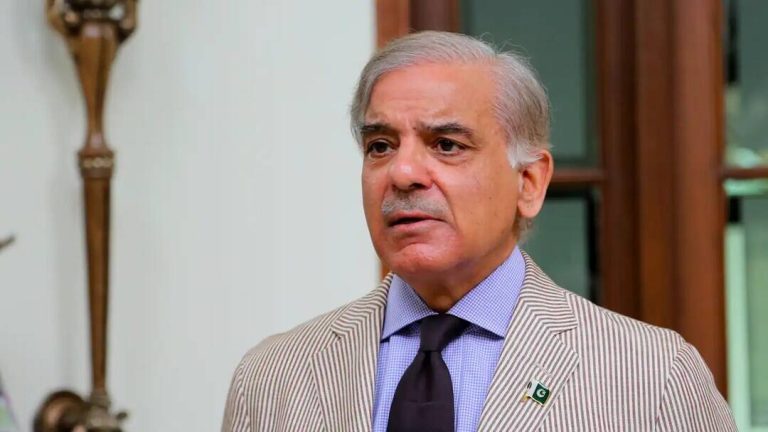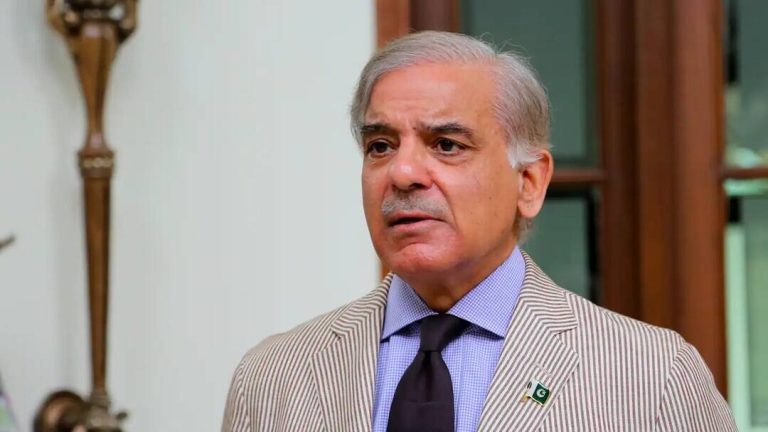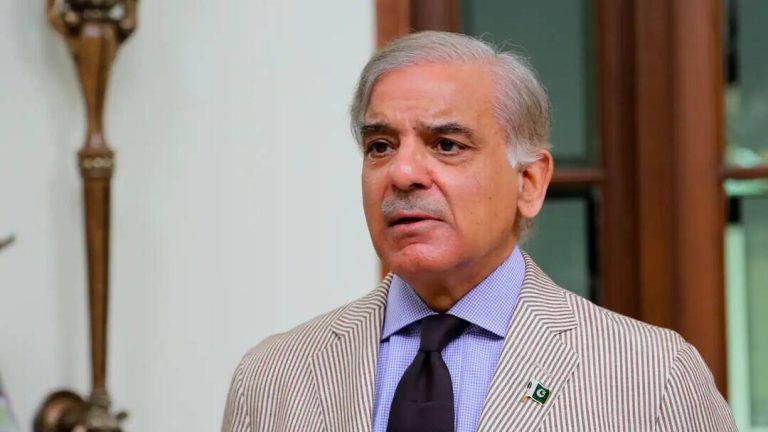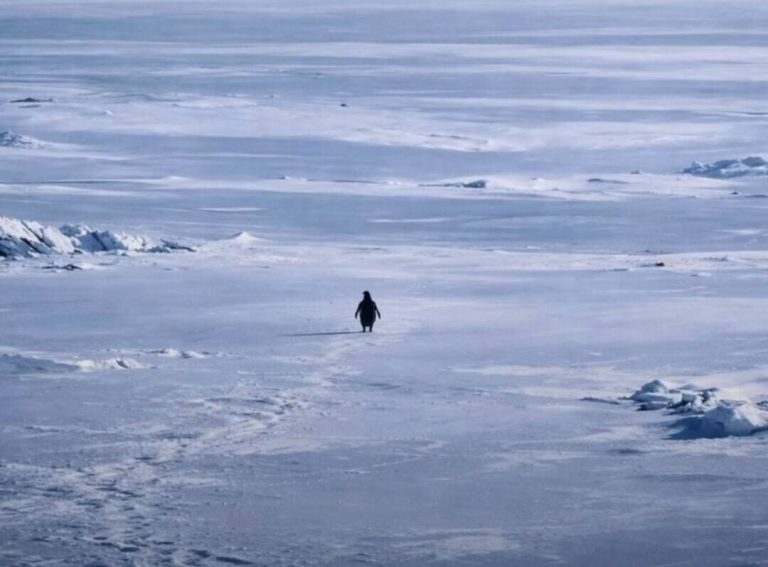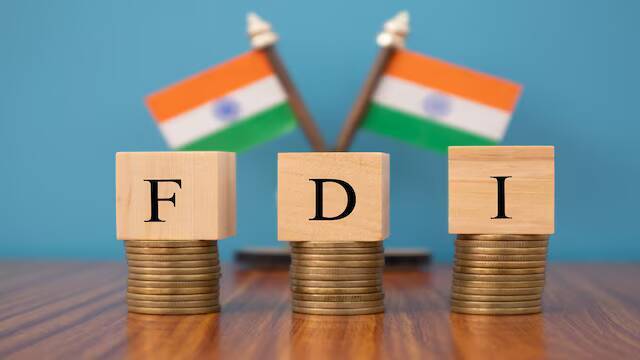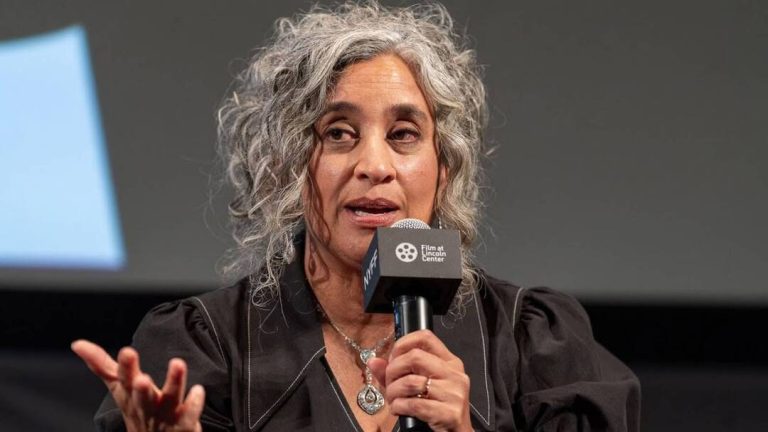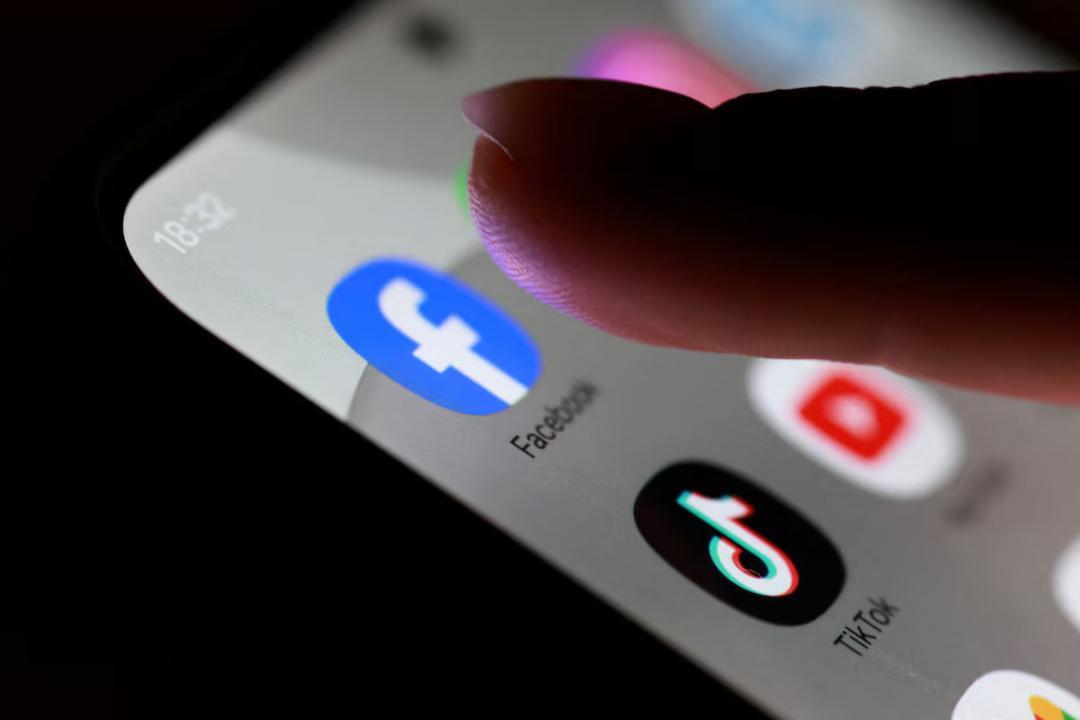
Australian teens ask nation’s top court to block social media ban
In a landmark move, a group of Australian teenagers has taken their government to the nation’s highest court, challenging a recently introduced law that bans children under 16 from using social media. The campaign group Digital Freedom Project has initiated proceedings in the High Court of Australia, with two 15-year-olds, Noah Jones and Macy Neyland, named as plaintiffs. This bold move comes just weeks before the world-first law is set to take effect, sparking a heated debate about the balance between protecting children’s online safety and respecting their digital rights.
The law in question, which is scheduled to come into force in the coming weeks, prohibits social media companies from allowing children under 16 to create accounts or access their platforms. The government has argued that this measure is necessary to protect young people from the potential harms of social media, including cyberbullying, online grooming, and exposure to inappropriate content. However, the Digital Freedom Project and the two teenage plaintiffs argue that the law is an overreach of government power and a violation of their constitutional rights.
At the heart of the challenge is the question of whether the government has the authority to dictate how young people use the internet and social media. The plaintiffs argue that the law is an unjustified restriction on their freedom of expression and association, which are fundamental rights enshrined in the Australian Constitution. They also claim that the law is discriminatory, as it unfairly targets children and denies them access to important online resources and communities.
The Digital Freedom Project, which is supporting the plaintiffs, argues that the government’s approach is heavy-handed and misguided. “This law is a blunt instrument that fails to address the complex issues surrounding online safety,” said a spokesperson for the group. “Rather than banning children from social media altogether, the government should be working to create a safer and more regulated online environment that allows young people to access the benefits of social media while minimizing the risks.”
Noah Jones, one of the plaintiffs, expressed his frustration with the law, saying, “I use social media to connect with my friends, share my interests, and access important information. This law would cut me off from all of that and leave me feeling isolated and disconnected.” Macy Neyland, the other plaintiff, added, “I understand that there are risks associated with social media, but I believe that I should be able to make my own decisions about how I use the internet. This law takes away my autonomy and treats me like a child who can’t be trusted to make responsible choices.”
The case has sparked a lively debate about the role of government in regulating the online activities of young people. While some argue that the government has a responsibility to protect children from harm, others believe that this approach is overly paternalistic and fails to recognize the agency and autonomy of young people.
As the High Court prepares to hear the case, many are watching with interest to see how the justices will balance the competing interests at play. Will they uphold the government’s right to regulate online activity, or will they rule that the law is an unconstitutional infringement on the rights of young people? Whatever the outcome, this case is likely to have significant implications for the future of online regulation in Australia and beyond.
In conclusion, the challenge to Australia’s social media ban for children under 16 is a landmark case that raises important questions about the balance between online safety and digital freedom. As the High Court considers the arguments, it is clear that the outcome will have far-reaching consequences for young people, social media companies, and the government. One thing is certain, however: this case will be closely watched by people around the world who are interested in the ongoing debate about how to regulate the internet and protect the rights of online users.
News source: https://www.reuters.com/world/asia-pacific/australian-teenagers-ask-high-court-block-social-media-ban-2025-11-26/
